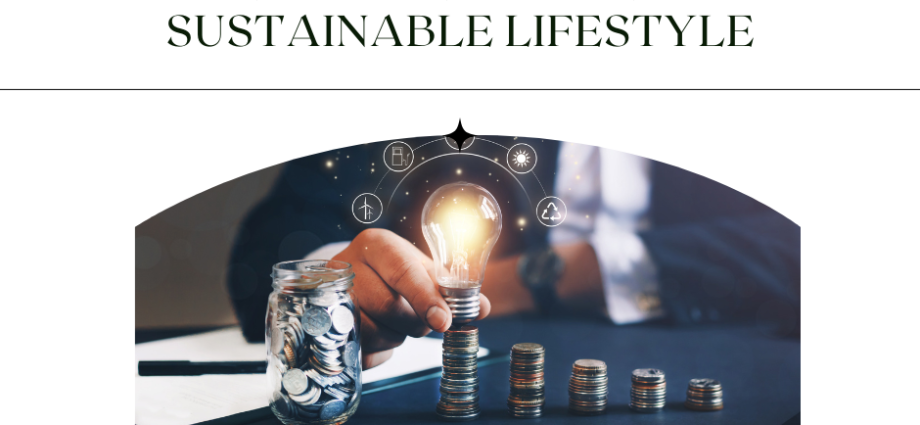In a time of swift urbanization, rapid technological development, and growing environmental awareness, the idea of sustainability has become a guiding principle in the design of contemporary lifestyles. The use of renewable energy sources, which provide a safe, effective, and environmentally beneficial substitute for fossil fuels, is at the core of sustainable living.
Renewable energy technologies—like hydroelectric, solar, and wind power—are essential for lowering greenhouse gas emissions, preventing global warming, and fostering the development of a more robust energy infrastructure. Through the utilization of renewable energy sources such as sunshine, wind, and water, people may produce clean electricity with minimal negative impact on the environment.
Particularly in the last several years, solar energy has grown remarkably because of cost reductions and technological breakthroughs. To collect sunlight and turn it into electricity, solar panels can be built inside buildings, placed on rooftops, or even incorporated into facades. Due to its decentralized nature, solar energy promotes energy independence and resilience by enabling people to produce their own electricity and lessen their reliance on grid power.
Another renewable energy source with a lot of potential for sustainable living is wind power. To capture wind energy and produce power, wind turbines can be erected on land or offshore.
Wind farms may be a dependable and affordable source of clean energy, reducing their negative effects on the environment and boosting local economies, with careful planning and placement.
Another important renewable energy source that can contribute to the development of a sustainable lifestyle is hydroelectric power, which is produced by flowing water. To provide electricity for rural communities, farms, and off-grid dwellings, small-scale hydroelectric plants can be set up in rivers, streams, or irrigation canals. Larger hydroelectric dams can offer urban areas benefits like flood control, water storage, and irrigation in addition to clean, dependable energy.
In summary, a sustainable lifestyle is greatly influenced by the use of renewable energy.
Individuals and communities may lessen their carbon footprint, encourage energy independence, and create a more resilient and ecologically friendly future by embracing technologies like solar, wind, and hydroelectric power. Renewable energy must be integrated into our infrastructure, companies, and residences in order to combat climate change and build healthier, more livable communities for future generations.



Comments are closed, but trackbacks and pingbacks are open.